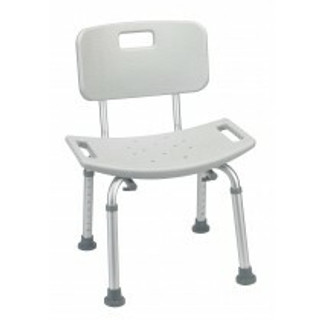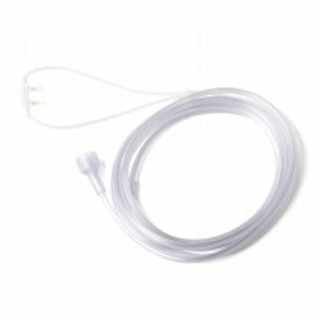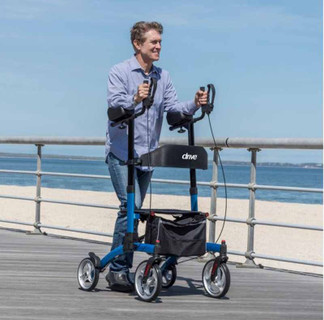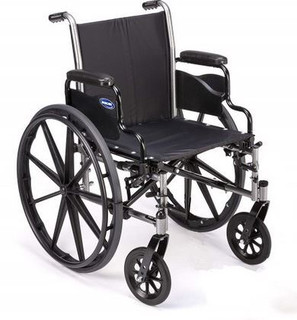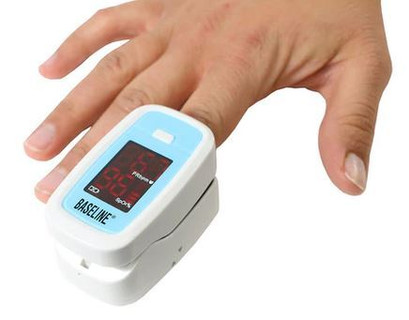A Comprehensive Guide To Purchasing a Wheelchair
When purchasing a wheelchair, there are several important factors to consider to ensure it meets your or the user's needs. Here are some key points to think about:
1. Type of Wheelchair
- Manual Wheelchairs: These require the user or a caregiver to propel the chair. They come in various styles, such as standard, lightweight, and ultralight models.
- Electric/Power Wheelchairs: These are motorized and suitable for users who cannot self-propel a manual wheelchair. They are often equipped with joystick controls.
- Transport Wheelchairs: These are designed to be pushed by a caregiver and are typically lighter than standard wheelchairs.
2. Size and Fit
- Seat Width: Measure the user’s hip width to determine the appropriate seat size.
- Seat Depth: This should be deep enough to support the thighs without cutting off circulation.
- Back Height: Depends on the user's need for upper body support.
3. Weight Capacity
- Ensure the wheelchair can support the user’s weight comfortably. Standard wheelchairs usually support up to 300 pounds, but bariatric models are available for heavier users.
4. Portability
- Consider if the wheelchair needs to be folded or easily transported in a vehicle. Lightweight and foldable models are available for easier transport.
5. Comfort and Cushioning
- Choose a wheelchair with appropriate cushioning to prevent pressure sores and improve comfort during extended use. Custom cushions can be added if necessary.
6. Adjustability
- Look for features such as adjustable armrests, footrests, and seat height to ensure the wheelchair can be customized for comfort and support.
7. Wheels and Tires
- Rear Wheels: Larger rear wheels provide better maneuverability and are common in self-propelled wheelchairs.
- Caster Wheels: The front wheels should be durable and suitable for the surfaces where the wheelchair will be used.
- Tires: Choose between solid tires (maintenance-free) or pneumatic tires (better shock absorption but may require more maintenance).
8. Accessories
- Think about additional features like a headrest, seatbelt, cup holder, or storage pouches for added convenience.
9. Cost and Insurance Coverage
- Wheelchairs can range in price from a few hundred to several thousand dollars. Check if insurance or Medicare covers part or all of the cost.
10. Trial and Test
- If possible, test different models to see which feels most comfortable and meets all the user's needs.
Purchasing a wheelchair is an important buying decision. SafeWell Medical Supply offers wheelchairs to fit every budget and need. Click on the link below to see SafeWell's wide selection of top quality name brand wheelchairs; all with free shipping.






